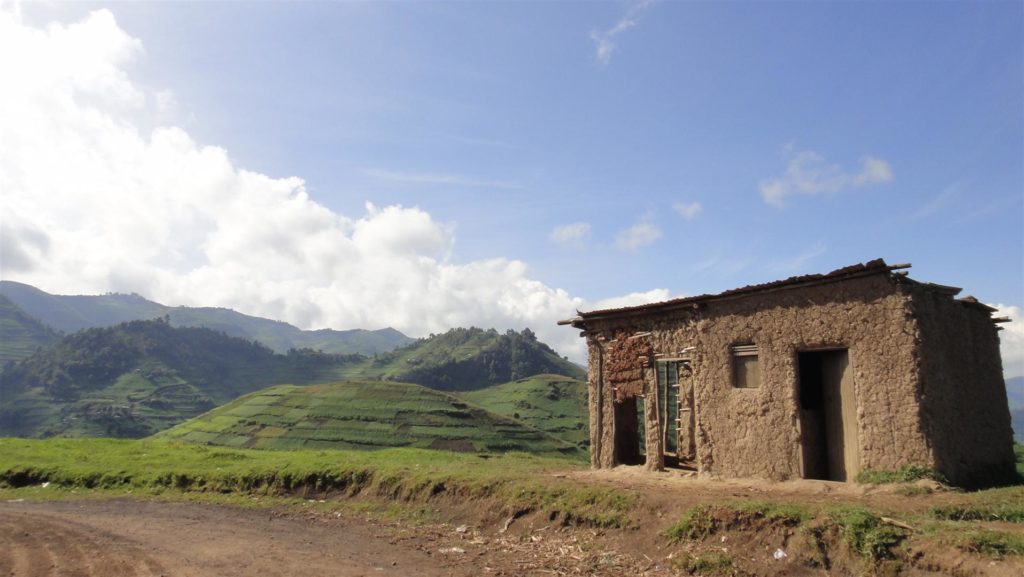
Genocide survivors housing programme draws to a close
By Athan Tashobya, New Times
The Government is in the last phase of constructing houses for survivors of the 1994 Genocide against the Tutsi.
Officials from the Ministry of Local Government and the Fund for the Support of Genocide Survivors (Farg) revealed this, yesterday, while appearing before the parliamentary Public Accounts Committee (PAC) to explain the implementation of resolutions adopted by the Plenary during the analysis of the 2012/13 Auditor-General’s report.
The Minister for Local Government, Francis Kaboneka, said government was considering phasing out the housing programme, as well as cutting down on students’ scholarships, especially in secondary schools.
“Currently, we know the number of survivors left with no houses and those whose houses require renovations. We hope that in the next three years, the housing programme would have been phased out, only focusing on other social welfare programmes for the Genocide survivors like students financing and supporting only the most vulnerable,” Kaboneka said.
He added that the phasing out of the students financing programme in secondary schools, was due to the “reducing number of beneficiaries while putting more emphasis on the large number of Farg beneficiaries in institutions of higher learning.”
Farg approves of phase-out
Kaboneka’s comments were echoed by Farg director-general, Theophile Ruberangeyo, who noted that phasing out the housing programme would depend on availability of funds as well as the commitment of stakeholders, including government as well local authorities and the public.
“The housing issue has been discussed for long. After 21 years, we don’t expect that there are people with no houses. This was all caused by a few issues and lack of information, we are glad that we now know the exact figures of those remaining with housing issues and the government is ready to help. With the availability of funds, we can even realise the phase out stage in two years, depending on the commitment of parties concerned,” said Ruberangeyo.
He added that Farg needs about Rwf36 billion to build more than 3,500 units and the Ministry of Finance was willing to commit a certain percentage of the budget beginning with the next financial year.
“We mobilise all Rwandans to join this campaign so that no Genocide survivor is left without a house. It has taken us so long, we need to get off this stage and focus on other programmes for the transformation of Genocide survivors’ lives,” Ruberangeyo added.
During a PAC hearing in October, last year, MPs accused Farg of taking too long to provide housing and direct support to Genocide survivors.
Legislators said some houses that were built for the survivors were either poorly constructed, or contractors abandoned housing projects before completion.
According to the AG’s report, Farg’s 2012/2013 Budget Framework had intended to renovate 3,306 housing units for Genocide survivors but only 350 (about 11 per cent of the entire projects) were renovated.
In Huye District, End Construction Company, contracted to build 30 housing units, worth Rwf126 million, put up 25 shoddy units and Farg had to part with a certain percentage of the charges.
The report also indicated that 4,000 survivors from seven districts did not get direct support from the Fund worth Rwf364 million, while, survivors’ income generating projects, worth Rwf8 million, were never executed at the sector level, especially in Rulindo and Ngoma districts.

